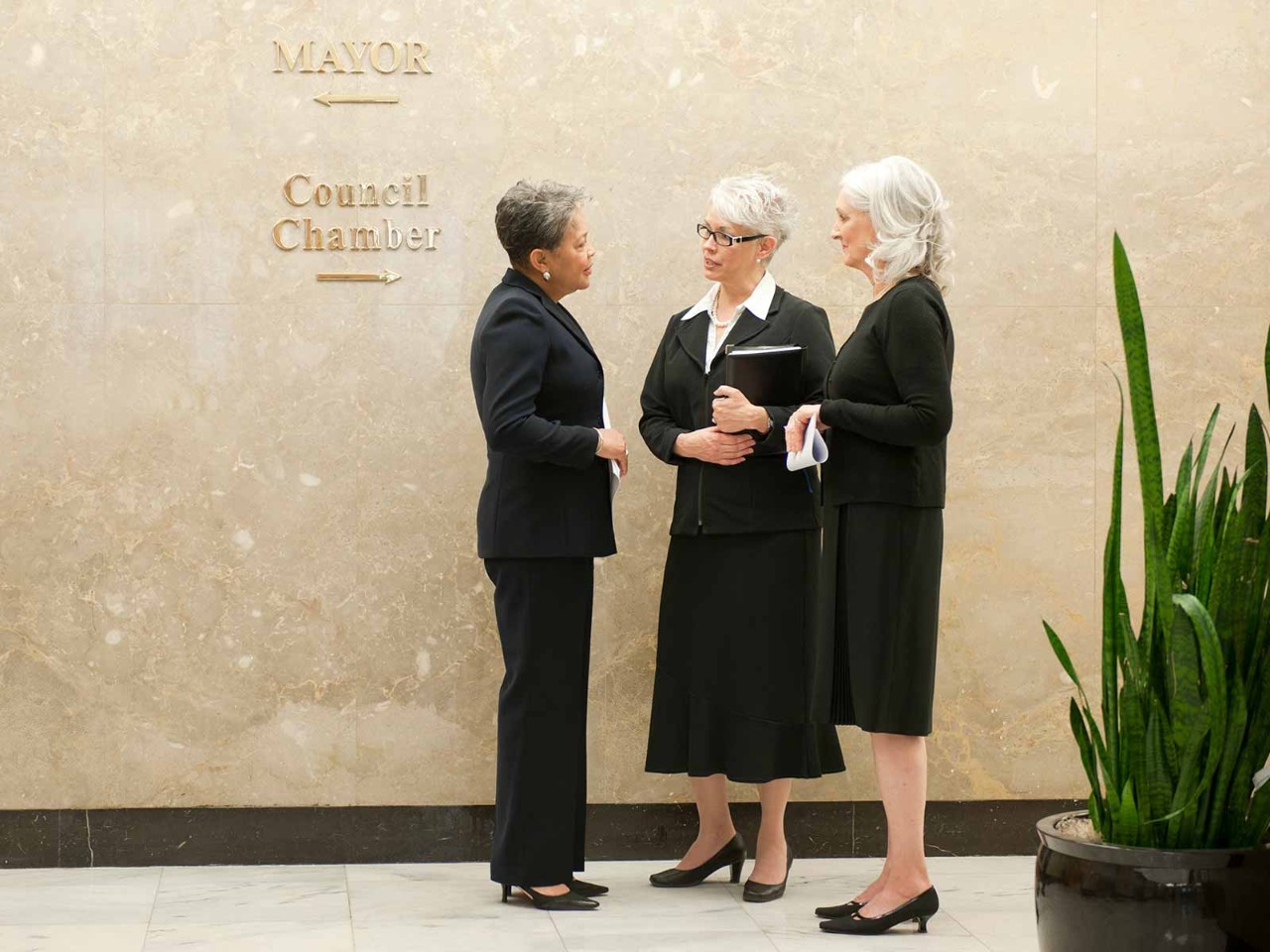
A recent study has found that 12% of 50-69 year-olds are expecting to retire later than they previously planned, with two-thirds of these retirement postponers anticipating a lower retirement income in the future.
For senior individuals working in finance and accounting, the challenge is arguably even greater. In addition to a pandemic that has increased redundancies among this age group, the dramatic changes in the profession, including technological transformation, have left many apprehensive about their next and perhaps final move.
A recent survey of ACCA’s global membership found that, while finance professionals aged over 55 are the most aware of how significantly careers in accountancy are changing, they are also the largest group who don’t know which direction their own career is going to take.
Finally doing what you want
Some of them have taken the plunge and become self-employed. They have taken on one or several activities that play into their professional skills and experience, including doing paid ad hoc project work, setting up business advisory consultancies, becoming non-executive directors, and carrying out pro bono work for small businesses, charities and local communities.
The Association of Independent Professionals and the Self-Employed (IPSE) estimates that self-employment in the UK increased by 40% between 2008 and 2019 and, while the number shrunk by 5% in 2020 (due largely to the pandemic), the ‘solo self-employed’ contributed £316bn to the UK economy that year. According to IPSE’s research, the key reasons for people going solo are the flexibility and control over their work it offers.
‘Becoming self-employed can take time and financial resilience, and often a new array of interpersonal skills'
After 35 years of audit, risk and cybersecurity experience, including senior leadership positions in large organisations and 14 years in a Big Four firm in the UK, Robert Coles reached a point in life where he had neither the energy nor the desire to go after another big corporate role. He wanted to slow down, have more time for family and travel, while continuing to be intellectually stimulated and giving back to society.
Coles set up his own consultancy and is now sitting on the University of Brighton's board of governors, as well as being a member of its audit committee. He is a non-executive director for a plc, and also completed a PhD in psychology and holds visiting and honorary professorships at top UK universities. ‘Business acumen grounded in finance and accounting is what truly matters to get those board positions,’ he says.
The right mindset
Swapping a permanent role and steady routine for uncertainty takes confidence and determination, but primarily it requires vision, a plan. Throughout her career as a finance professional, Trusha Lakhani FCCA aspired to help businesses grow. She used to work on transformation projects, often doing long hours, but over the years started wondering what else was out there. She knew she wanted to continue supporting businesses to develop sustainably and have a positive impact on society.
'I had the vision but lacked experience in setting up a business,' says Lakhani. 'So I went on to learn about sales and marketing, and completed a certification in professional coaching.' She is now using her new skills, experience and rounded business understanding to mentor CFOs and coach finance teams in collaborating with other functions across the organisation.
'I went on to learn about sales and marketing, and completed a certification in professional coaching'
Ciaran O’Donnell FCCA went through a similar learning curve. While setting himself up as a virtual FD and CFO adviser after years in the telecoms industry, he looked at where he felt most uncomfortable, and undertook formal training courses to improve his presentation and pitching skills.
‘For me, it is essential to be able to tell my network what I do in a straightforward, clear and succinct way that my mother would understand.’
He adds: ‘Being authentic, leveraging personal and professional networks – recruiters included – getting into a much more agile mindset and having the ability to adapt quickly are all key to success when making career changes.’
Taking control
According to Keith Moore FCCA it is never too early to start preparing for the later stages of your career. Throughout his working life, Moore has believed that a job is what you make of it, and that people should never stop learning, being curious, taking interest and asking questions. ‘No job is for life,’ he says.
Moore has gained a number of qualifications and certifications over the years. He now has a portfolio of activity that includes business advisory work and supporting the local school academy trust. He says finance and accounting professionals are uniquely positioned to understand and support businesses but that, at the end of the day, ‘it’s about people and how individuals interact and work together’.
Coles adds: ‘Becoming self-employed and building a portfolio of business support activities can take time and financial resilience, and often a new array of interpersonal skills, but it can be extremely rewarding in terms of work-life balance, intellectual challenge, sense of achievement, and continued revenue streams even beyond retirement.’
More information
See ACCA's careers hub for more resources




